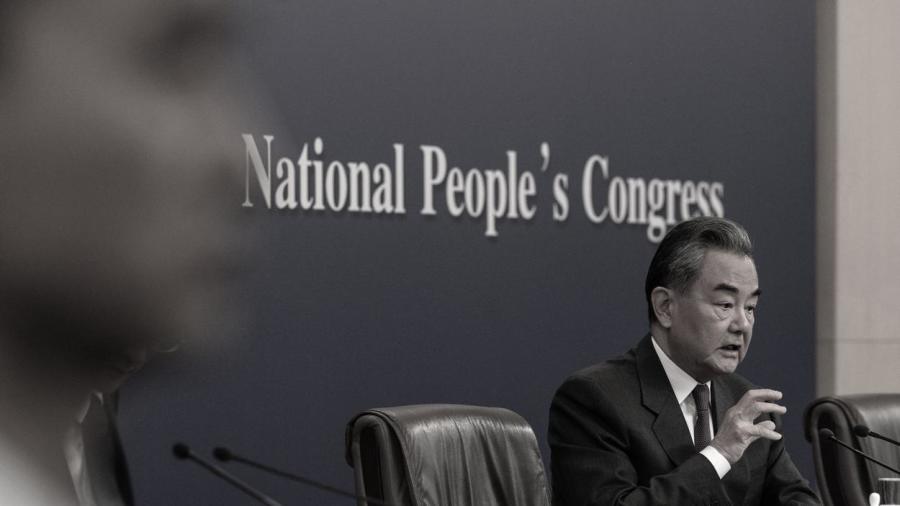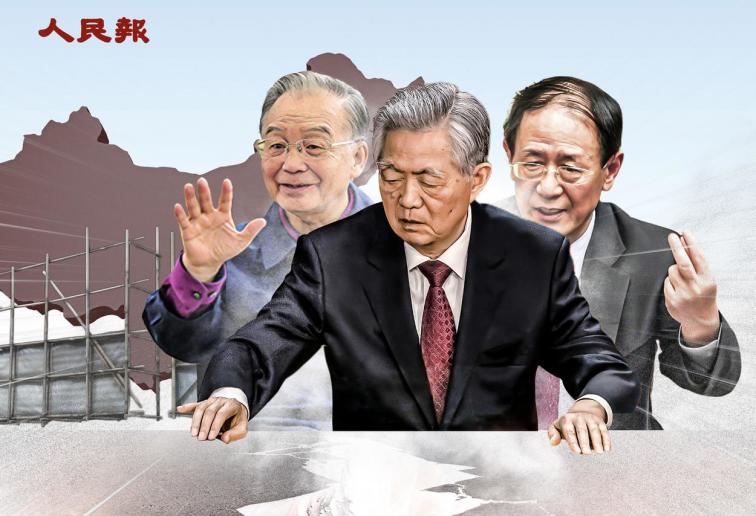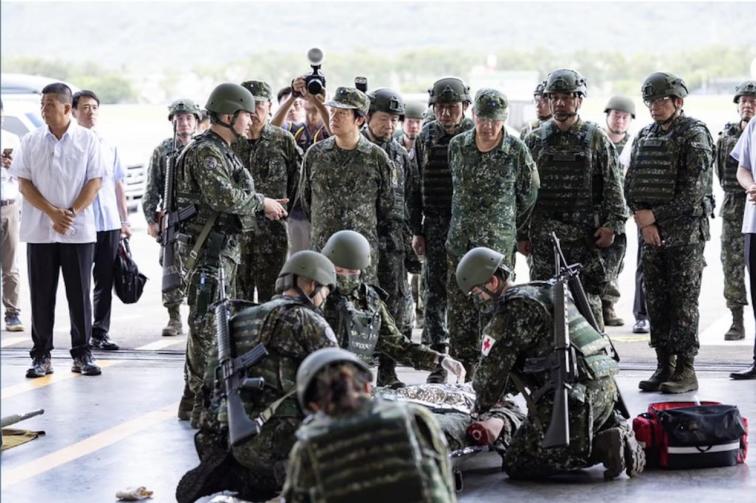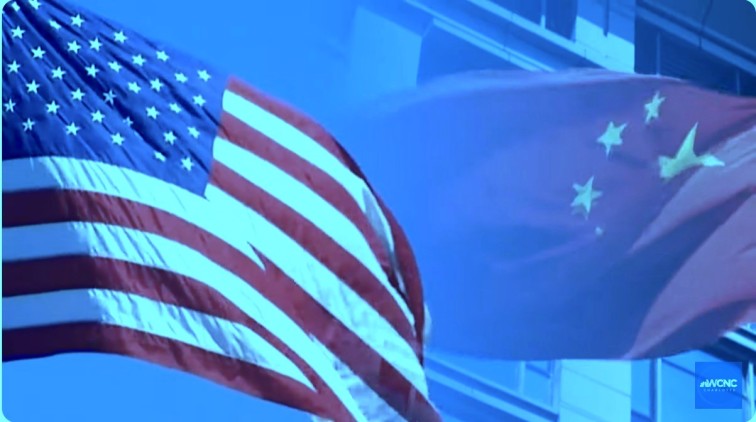Image: Chinese Foreign Minister Wang Yi. (Photo by Kevin Frayer/Getty Images)
[People’s Report] On July 2, Chinese Foreign Minister Wang Yi visited Europe and held a one-on-one meeting with Kaja Kallas, the EU’s High Representative for Foreign Affairs and Security Policy. During the meeting, Kallas directly urged Beijing to stop undermining European security. In response, Wang Yi openly admitted that the Chinese Communist Party (CCP) does not want to see Russia defeated in Ukraine, fearing that the U.S. would then shift its full attention toward Beijing. Wang's candid remark shocked attending EU officials.
“Our relationship is facing increasing tension, especially in terms of security,” Kallas said. “Chinese (CCP) companies are a lifeline for Moscow’s war efforts in Ukraine. Beijing conducts cyberattacks, interferes in our democracies, and engages in unfair trade practices. These behaviours damage European security and employment.”
From the Russia-Ukraine war to the Israel-Iran conflict, European interests are at stake, and Europe is desperate for a ceasefire and peace. However, behind these conflicts loom shadowy figures backed by the CCP. The atmosphere became tense. Wang Yi likely did not expect the EU official to confront him so directly about CCP-related scandals. Flustered, he unexpectedly revealed a CCP secret that stunned EU officials and the wider world: that the CCP does not want Russia to lose in the war in Ukraine. He explained that the Chinese government cannot afford a Russian failure, as this would cause the U.S. to turn all its focus toward Beijing. Some EU officials present were surprised by Wang’s blunt admission.
This position starkly contrasts with the CCP’s usual claim of being "fair, peaceful, and supportive of ceasefires." Foreign media, quoting insiders, reported that while surprised, some EU officials interpreted Wang Yi’s comments as evidence that prolonging the war aligns with the CCP's strategic goals — namely, to keep the U.S. distracted and unable to concentrate fully on confronting Beijing's growing aggression.
The EU has long criticized Beijing for supplying both military and civilian goods to Russia. Yet, Beijing continues to present itself as a peacemaker, despite never condemning Russia’s invasion of Ukraine and maintaining strong diplomatic and economic ties with Moscow. But for such a statement to come directly from the Chinese foreign minister himself immediately altered the perception of the CCP. According to Radio France Internationale (RFI), whatever superficial charm offensive the CCP had long maintained toward the EU instantly evaporated.
Beijing considers its strategic partnership with Moscow critically important. Agence France-Presse reported that EU officials admitted they had failed to persuade Beijing to abandon this alliance.
Additionally, Kallas confronted Wang Yi over the CCP’s illegal and unfair practices in commercial activities, urging Beijing to comply with international rules.
During the U.S.-China tariff war under President Trump, trade disputes between the EU and the CCP not only failed to improve but actually worsened. All 27 EU member states are strongly opposed to the transfer of key technologies from China to Russia’s military.
Kallas stated, “Beijing is fueling the war in Europe on one hand, while on the other hand, trying to build closer ties with Europe. This contradiction must be addressed by Beijing. In this turbulent world, Beijing should… uphold international law.”
To put pressure on Beijing, the EU has banned trade with several Chinese companies accused of assisting Moscow’s war efforts. Kallas told Wang Yi, “In this time of heightened geopolitical tensions, upholding international law and a rules-based international order is more fundamental than ever.”
The EU also expressed dissatisfaction with the CCP’s restrictions on the export of rare earth elements and called for more solutions to resolve the issue.
However, according to South China Morning Post, a source revealed that Wang Yi was “dismissive” of the rare earths issue and gave no assurance of a structural resolution to the crisis. His degree of indifference reportedly left EU officials stunned.
(First published by People News)











News magazine bootstrap themes!
I like this themes, fast loading and look profesional
Thank you Carlos!
You're welcome!
Please support me with give positive rating!
Yes Sure!